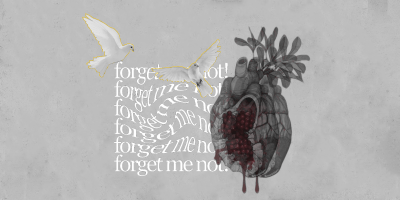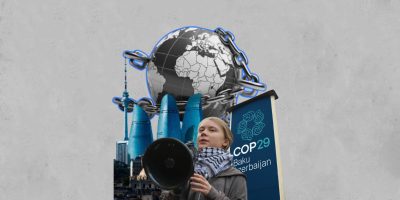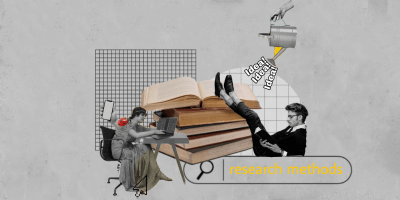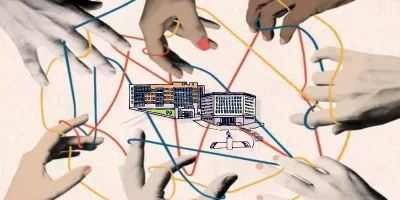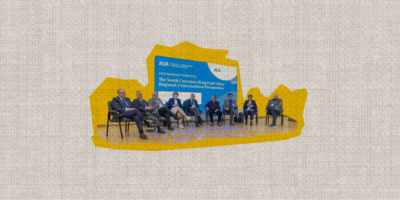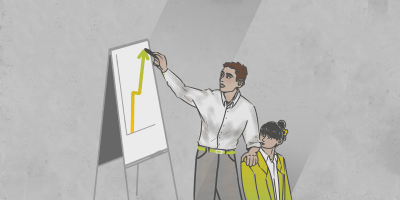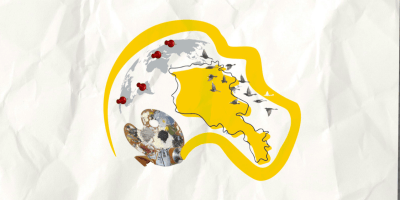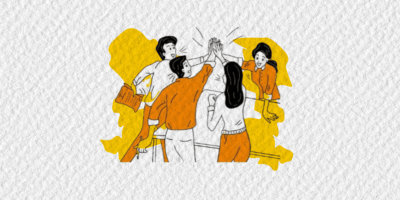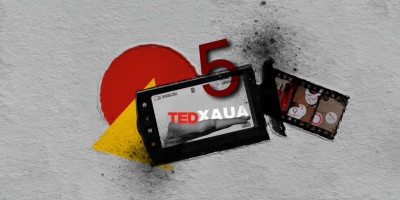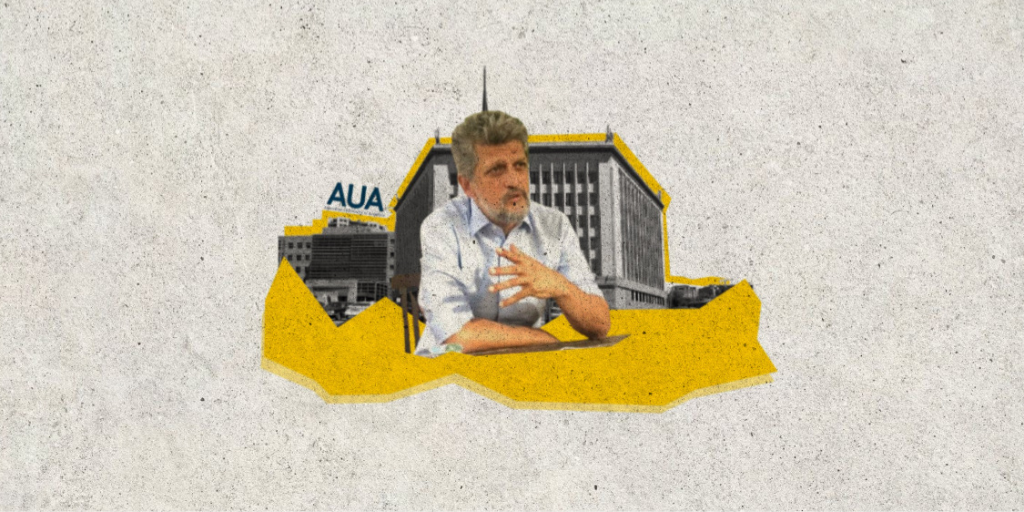
On Jan. 30, AUA hosted a discussion, inviting Garo Paylan, former member of the Turkish Parliament and visiting scholar at the Carnegie Endowment for International Peace.
Students and faculty gathered at the Akian Art Gallery for an insightful discussion with Paylan, moderated by Dr. Vahram Ter-Matevosyan. It focused on the complex political landscape of the South Caucasus and Turkey, offering attendees a unique opportunity to engage with the politician and activist.
Paylan, who served two terms in the Turkish Parliament as a representative of Istanbul (2015-2018) and Diyarbakir (2018-2023), shared his perspectives on democracy, minority rights and historical justice. Emphasizing his political aspirations, he stated, “My dream was to make Turkey a democracy,” highlighting the struggles of minorities in the country and its halted European Union accession process.
One of the focal points of his discussion was the Armenian Genocide and the necessity of its recognition within Turkey itself. “Justice for the genocide should be done in Ankara, in Istanbul, in Kars, in other cities within Turkey,” he said. “It should be recognized by the Turkish government which can start to heal our wounds.”
Paylan also recalled his close friendship with Hrant Dink, the Armenian journalist who was assassinated in 2007, stressing the ongoing need for justice and reconciliation. Addressing the broader regional conflicts, he argued that “Armenia has become a hostage of its own emotions,” advocating for a shift towards strategic thinking over emotionally driven decision-making.
The discussion extended to Armenia’s geopolitical challenges, with Paylan pointing out the lack of preparation for both war and peace. “Baku felt strong enough not to make any compromises,” he said, adding that “Erdogan is an opportunist” who thrives on enmity.
He remarked on the influence of the lobby groups in the United States and the economic interests tied to Armenia-Turkey normalization. “Oligarchs, particularly Turkish oligarchs, favor reopening borders because it presents investment opportunities overseas, including in Armenia,” he explained.
Students attending the event found Paylan’s insights particularly enlightening. Seda Grigoryan, EC senior, shared that “ One key takeaway from the meeting was his insight that, when it comes to Armenia-Turkey normalization, we have been held hostage by our emotions.” She added that emotion-driven decision-making significantly impacted the normalization process. Another attendee, Armen Mkrtumyan, DS junior, said, “I felt like he was able to put into words what I had always been thinking.”
The event concluded with a Q&A session, when the attendees had the chance to ask Paylan about potential solutions for Armenia’s future. His main suggestion was unity and strategic thinking, disregarding political divisions. “We had several windows of opportunity for peace talks,” he said. “Armenians must be united around strategic thinking, disregarding party orientation or belonging to a certain political group.”
The discussion with Garo Paylan allowed AUA students to examine the region’s challenges and consider new approaches to Armenia’s political landscape moving forward. The event highlighted the importance of open dialogue and long-term planning in addressing historical and geopolitical realities.

